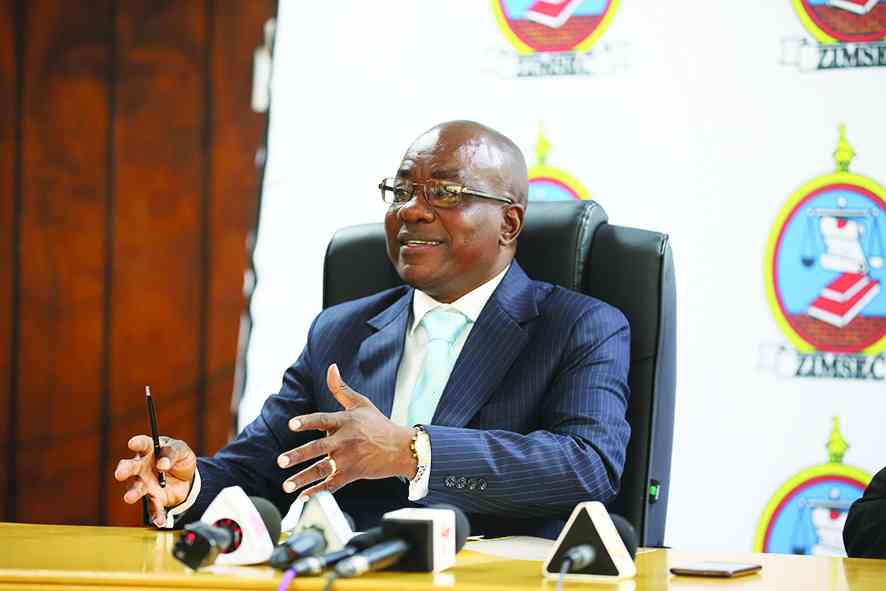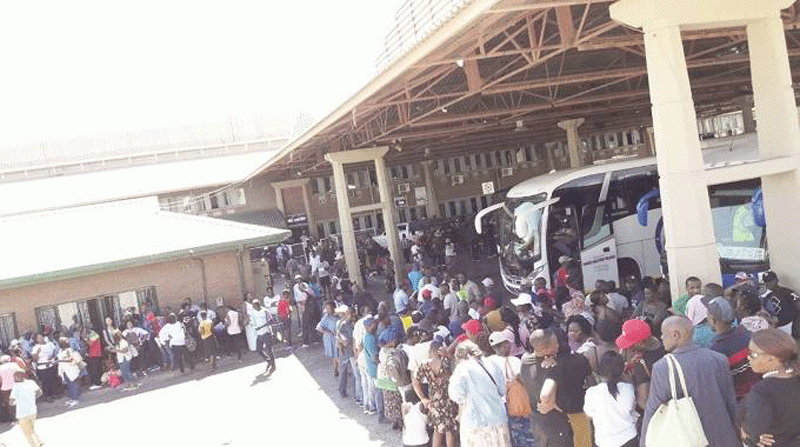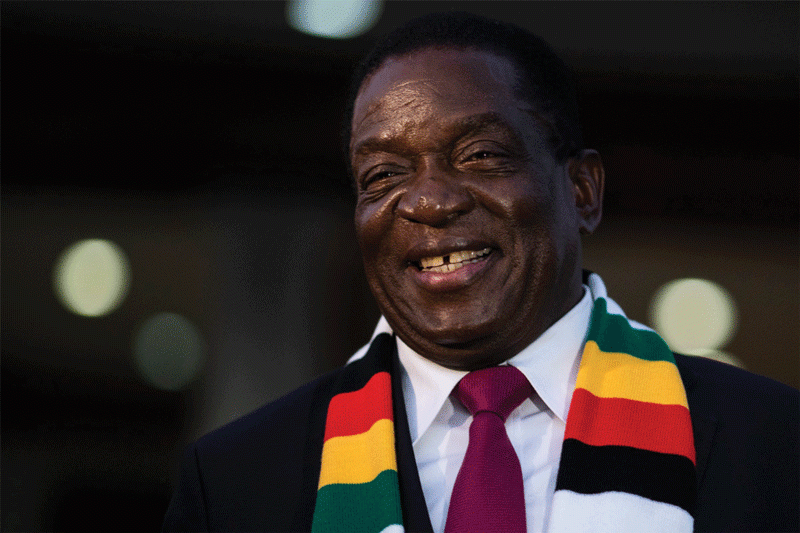
It is un-African to celebrate the death of another. But the recent demise of Malawi President Bingu waMutharika was different.
Reports say people poured into the streets celebrating his death as if he was not one of theirs.
There is no doubt that Bingu’s campaign against poverty and corruption once made him the darling of the international donor community, and a couple of years back it won him re-election with 65% of the vote.
But the tides had turned. And when he met his fate, in the eyes of many of his own people, Bingu was an autocratic ruler who lost their trust.
It is wrong to ever take people for granted. It does not matter who you are or how important you are, it can never be right to take people for granted.
This is a lesson that comes very clearly from what is happening in Zimbabwe. It is sad that peaceful and long-suffering Malawians seem to have had enough of being abused by their leader that at some point, they decided to take matters into their own hands.
The loss of life, whatever the cause, is always a sad thing. It is grievous to see that for expressing dissent and unhappiness with the way Bingu was running Malawi’s affairs, many lost their lives.
It is not our place to start debating who was right or who was wrong. But one would think it is necessary to ask questions: How did those peace-loving people get to a point where they were ready to jump in front of bullets?
- Chamisa under fire over US$120K donation
- Mavhunga puts DeMbare into Chibuku quarterfinals
- Pension funds bet on Cabora Bassa oilfields
- Councils defy govt fire tender directive
Keep Reading
What happened in Malawi? It cannot be denied that Malawians have been regarded as a docile people who quietly remained subservient to tyrannical leadership for very long periods.
Their history is a sad one indeed in that regard.
They suffered under the brutal and repressive leadership of the late Kamuzu Banda.
The accounts of how Malawi’s Kamuzu Banda dealt with his opponents are chilling, if not frightening.
But like in many other places in Africa, the dawn of democracy has not necessarily improved the lives of the citizens.
But if what is happening in Malawi is anything to go by, democracy has brought something. The people have found their voice and they want to be heard. Is this a difficult demand? For many, this looks like a simple matter.
But clearly, it is not for tyrants because this is what Bingu seemed to have become. Does this sound familiar?
Bingu fired vice-president Joyce Banda from his party over the succession issue and he anointed his sibling Foreign Affairs minister Peter Arthur Mutharika as heir apparent. But Malawians have however, shown the world democracy is at work.
A day after Bingu’s death, security apparatus, legislature and the executive replaced him with his nemesis Joyce Banda.
This was a rare feat considering the two had repeatedly clashed and Bingu tried to force her to resign from her post.
Despite their political differences, opposition leader Joyce Banda becomes Malawi President for the remainder of Bingu’s term up to 2014 and thereafter prepares Malawi for elections.
On that front, Zimbabwe dismally failed when President Robert Mugabe (Zanu PF) lost elections to MDC-T leader Prime Minister Morgan Tsvangirai in the 2008 plebiscite.
The Zanu PF government created and instigated politically-motivated clashes directed against those perceived as pro-opposition and the political force behind Tsvangirai.
The motive was to weaken and disenfranchise communities sympathetic to MDC-T. Thousands of people were killed, maimed or internally displaced.
The question is: What lessons can Zimbabwe learn from Malawi regarding transition to democracy?
First and foremost, the democratisation and depoliticisation of state organs of coercion is very important for transition to occur.
The former ruling party communalised violence and duped Zimbabweans into believing cruelty against opponents carries no punishment and is acceptable politically.
To date, privatised state violence has remained a weapon of choice against peace-loving Zimbabweans especially when Zanu PF interests are threatened.
Militias must be disbanded, because if left alone, they may be employed to prop up dictatorships and render transition to democracy stillborn.











